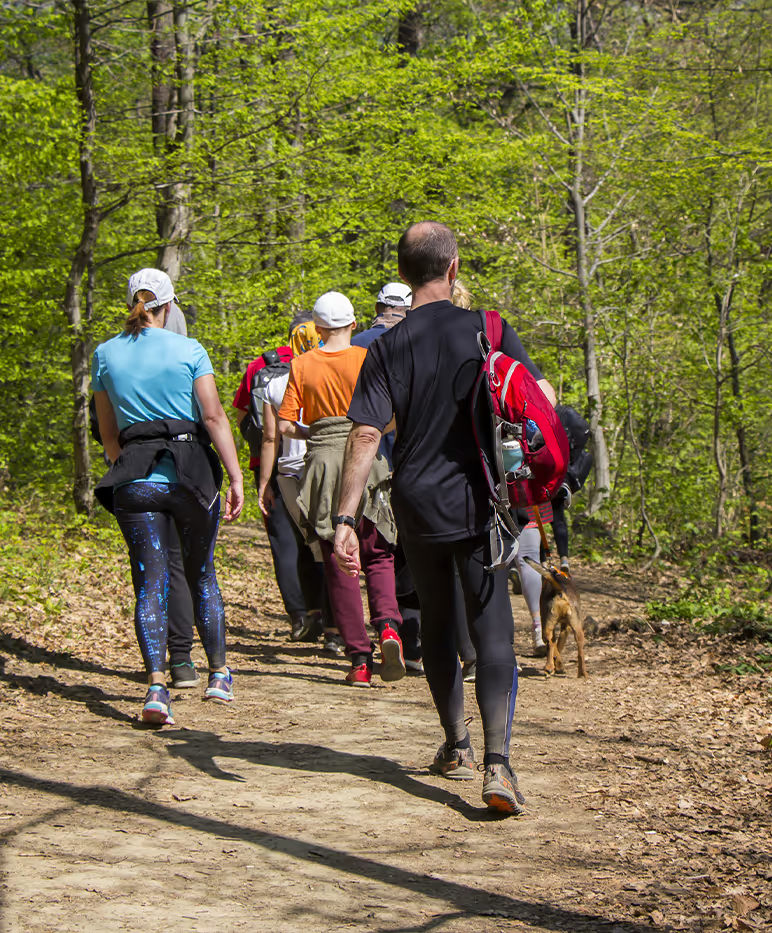Transform Services
Range of services
Supported housing & exceptional support
Provision consisting of a range of low-, medium- and high-support self-contained accommodation; access to essential support 24/7 around the clock, 365 days per year; a concierge-style service; and advice to help residents develop the skills to sustain private tenancies. Services help residents build confidence, independence and stability, reducing possible future risk of homelessness.
Health & wellbeing
Assisting residents to start taking control over and to manage their physical or mental health by providing care and emotional support, help through tailored support plans, supervision of medication and encouragement to engage with appropriate external agencies. Collaborate with mental health services, substance misuse services, and drug and alcohol teams to facilitate personalised recovery programmes. Encourage to live a healthy and fit lifestyle through healthy eating and exercise.
Engaging with services
Help with keeping appointments and accessing external agencies such as local mental health services, primary health care services, counselling, statutory services, social services, voluntary agencies or drug and alcohol teams. We work closely with other agencies and charities who support vulnerable adults suffering from mental health and lack of opportunity.
Managing tenancy
Supporting residents to accomplish the varied skills required to step down to a less supported environment such as personal hygiene, nutrition, budgeting, maintaining healthy living conditions, health and safety issues, any antisocial behaviour, complying with terms of the tenancy agreement and good neighbourhood relations.
Resettlement support
Through collaborating with external agencies, we signpost residents and provide advice regarding private rent, housing associations and housing options in order to move on to independent accommodation and have more meaningful lives.
Maximising income
Advice to manage, understand and maximise welfare benefit, grants, housing benefit and other government benefits entitlements. Support with budgeting, debt management and paying bills or accommodation service charge.
Social networks & relationships
Cultivate the development of social skills and relationship building capacity with friends, family, professionals and the local community. Support residents to resolve issues surrounding relationship breakdown with family or others as they work towards creating a brighter future for themselves.
Offending & anti-social behaviour
Recovery coordinators are experienced in working with offenders and those engaging in anti-social behaviour. Through peaceful interactions discuss and address issues surrounding offending and reoffending, with the hope of finding solutions to break reoffending patterns. To adhere to with good neighbourhood relations and always expect mutual respect between residents and the community.
Living & life skills
Facilitating support and training to develop all appropriate practical and emotional life skills to confidently live independently such as cooking, shopping, confidence, self-esteem, problem-solving, managing risk, stress management, literacy, and coping strategies.
Education, training & employment
Promoting commitment to lifelong learning by supporting residents to get involved in education, in-house training courses and other training opportunities that could lead on to employment, work placements or voluntary work.
Meaningful use of time
Encouragement to engage in meaningful activities and commit to personal development and pursue personal aspirations or hobbies and interests. To assist and advise residents when it comes to developing aspirations for their future lives.
Improving IT skills & digital inclusion
Encouragement to necessitate digital accessibility and provide training that prepares residents ability to close the technological gap which will help them to adapt and manage the swift change in the technological landscape. Training provided to enhance on IT skills and digital dexterity.
















